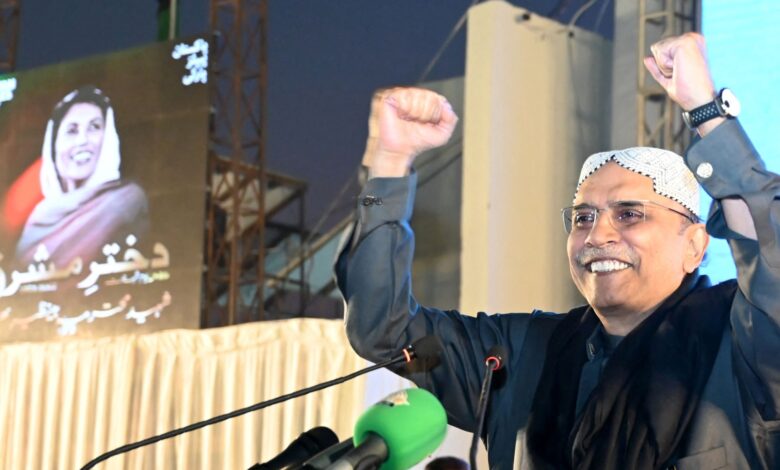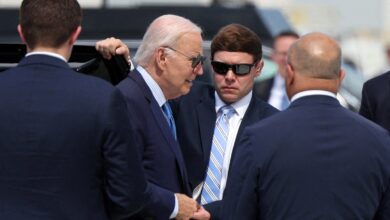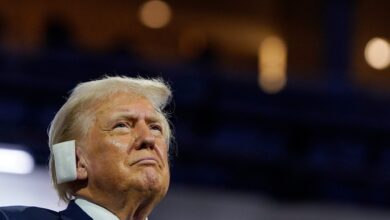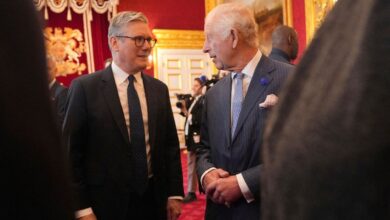Asif Ali Zardari elected Pakistan’s president for second time

Pakistani lawmakers vote for return of widower of Benazir Bhutto after elections marred by rigging claims.
Pakistan Peoples Party’s co-chairperson Asif Ali Zardari has won a second term as Pakistan’s president, supported by the ruling coalition in a vote by parliament and regional assemblies.
Zardari secured 411 votes, while his opponent, Mehmood Khan Achakzai, who is backed by the party of imprisoned former Prime Minister Imran Khan, received 181 votes, the Election Commission of Pakistan announced on Saturday after tallying the votes by national MPs, provincial MPs and senators.
The widower of Pakistan’s assassinated first female leader, Benazir Bhutto, Zardari was voted into the largely ceremonial post by the PPP, which formed an alliance with the Pakistan Muslim League-Nawaz (PMLN) party after Pakistan’s February 8 elections that were marred with rigging claims.
Zardari is expected to be sworn in at a ceremony on Sunday.
Under the terms of the coalition pact, which also includes a number of smaller parties, PMLN’s Shehbaz Sharif was sworn-in as prime minister earlier this week on Monday.
Khan was jailed and prohibited from contesting in the election, with his Pakistan Tehreek-e-Insaf (PTI) party targeted by arrests and censorship, and its members forced to stand as independents.
The PTI said a mobile internet blackout on election day and a delay in results were used to cover up nationwide rigging preventing their victory. The elections were also marred with allegations of vote tampering.
The PTI won more seats than any other party last month, but fell far short of the majority needed to govern, which cleared the way for the alliance between PMLN and PPP.
PTI chairman, barrister Gohar Ali Khan, said that Zardari’s election was “unconstitutional”.
The party is now fighting a case for the allocation of seats reserved for women and minorities in the assembly.
Zardari, 68, previously took the presidential office post in 2008 after a sympathy vote following the gun and bomb assassination of Benazir Bhutto when she was campaigning for re-election.
While president, a role which he held until 2013, he rolled back the powers of the presidency.
Pakistan’s presidency was once powerful, but was reduced to that of a figurehead in 2010 after Zardari made a constitutional amendment.
During his tenure, he faced challenges ranging from threats from the Taliban, to tense relations with the military after the United States special forces’ operation in Pakistan to kill al-Qaeda leader Osama Bin Laden in 2011.
Zardari has faced corruption allegations and spent more than 11 years in jail, but has bounced back from his various scandals.
Back in 2009, the New York Times said he had a knack for “artful dodging” – “manoeuvring himself out of the tight spots he gets himself into”.
Source
:
Al Jazeera and news agencies



